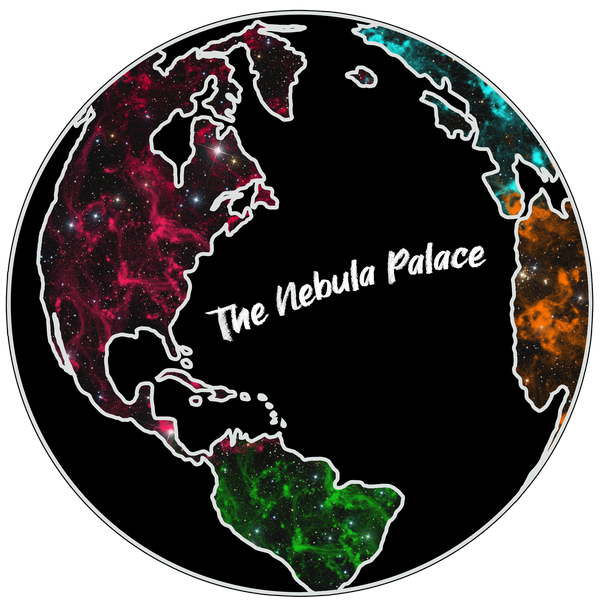Introduction
In our quest for inner peace and fulfillment, many of us have turned to spirituality as a guiding light. However, amidst the ever-growing popularity of spiritual practices, a darker side has emerged—enter toxic spirituality. In this blog post, we will explore the stark differences between spirituality and its harmful counterpart, toxic spirituality. By understanding these distinctions, we can navigate our journey towards self-discovery with wisdom and discernment.
Defining Spirituality
Spirituality, at its core, is a deeply personal and subjective experience. It encompasses a wide range of beliefs, practices, and philosophies, all aimed at cultivating a connection with something greater than ourselves. Spirituality often involves exploring the meaning and purpose of life, developing inner peace, and embracing values such as compassion, love, and gratitude.
At its best, spirituality is a transformative force that promotes personal growth, self-awareness, and emotional well-being. It encourages individuals to connect with their authentic selves, fostering a sense of belonging and interconnectedness with others and the universe.
The Dark Side: Toxic Spirituality
Toxic spirituality, on the other hand, takes a more detrimental and harmful approach. It often manifests as rigid dogma, superiority complexes, and judgmental attitudes towards those who do not adhere to specific beliefs or practices. Toxic spirituality can be found in various contexts, such as religious institutions, new age movements, or self-help communities.
One of the key aspects of toxic spirituality is the presence of harmful ideologies and practices. This can include victim-blaming, spiritual bypassing, and the promotion of exclusivity. Toxic spiritual individuals or groups may use their beliefs as a weapon, shaming or belittling others who don't align with their ideas.
Differentiating Between Spirituality and Toxic Spirituality
1. Compassion vs. Judgment: Spirituality fosters empathy and compassion towards others, recognizing the inherent worth and dignity in every individual. Toxic spirituality, however, often breeds judgment, criticism, and an "us vs. them" mentality.
2. Growth vs. Perfectionism: Spirituality encourages personal growth and self-improvement, emphasizing the journey rather than fixating on the destination. Toxic spirituality, on the other hand, can be rooted in perfectionism, creating unrealistic standards and a constant fear of failure.
3. Openness vs. Dogmatism: Spirituality embraces open-mindedness and encourages exploration of diverse perspectives. Toxic spirituality tends to be dogmatic, insisting on a single "right" way and dismissing alternative viewpoints as invalid.
4. Self-Acceptance vs. Spiritual Bypassing: Spirituality invites individuals to accept and integrate all aspects of themselves, including the shadows and imperfections. Toxic spirituality may engage in spiritual bypassing, using spiritual practices to avoid or deny emotional pain, trauma, or responsibility.
5. Unity vs. Exclusivity: Spirituality recognizes the interconnectedness of all beings, promoting unity and inclusivity. Toxic spirituality, on the other hand, often reinforces an exclusive mindset, creating divisions and fostering feelings of superiority.
Navigating the Journey: Embracing Authentic Spirituality
To ensure we tread the path of authentic spirituality, it is essential to cultivate self-awareness and discernment. Here are a few practices to help us navigate our journey effectively:
1. Questioning and Critical Thinking: Stay curious and engage in critical thinking. Question beliefs and practices, evaluating their alignment with your values and promoting growth rather than stagnation.
2. Emotional Responsibility: Take responsibility for your emotions and actions. Avoid using spiritual concepts to bypass personal challenges or avoid accountability. Instead, embrace emotional awareness and work towards healing and growth.
3. Cultivating Empathy and Compassion: Practice empathy and compassion towards others, recognizing the shared human experience and the diversity of paths people may take on their spiritual journey. Seek to understand rather than judge.
4. Embracing Openness: Remain open to different perspectives and experiences. Explore various spiritual traditions and practices, allowing yourself to learn and grow from diverse sources of wisdom.
5. Integrating Shadow Work: Embrace shadow work, acknowledging and integrating the darker aspects of yourself. This entails facing and healing past traumas, examining unconscious patterns, and cultivating self-acceptance.
6. Cultivating Community: Surround yourself with a supportive community of like-minded individuals who encourage personal growth and authenticity. Engage in open dialogue, share experiences, and learn from each other.
Conclusion
Spirituality, when approached with sincerity and open-heartedness, can be a profound source of personal transformation and inner peace. However, we must remain vigilant to recognize and distance ourselves from toxic spirituality. By understanding the stark differences and embracing authentic practices, we can embark on a spiritual journey that fosters growth, compassion, and a deeper connection with ourselves and the world around us. Remember, the true essence of spirituality lies in unity, acceptance, and the pursuit of genuine self-discovery.- Choosing a selection results in a full page refresh.
- Opens in a new window.



















































